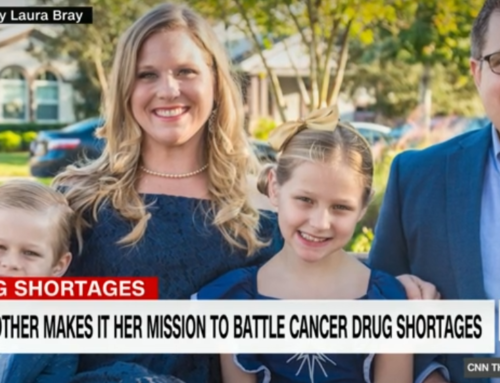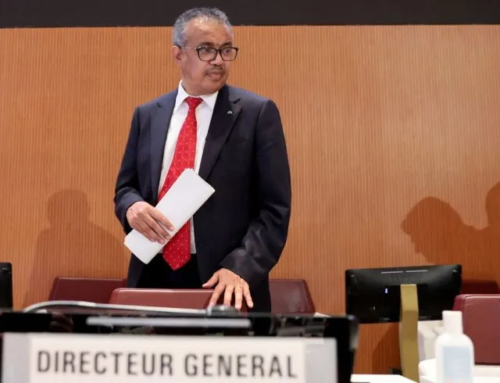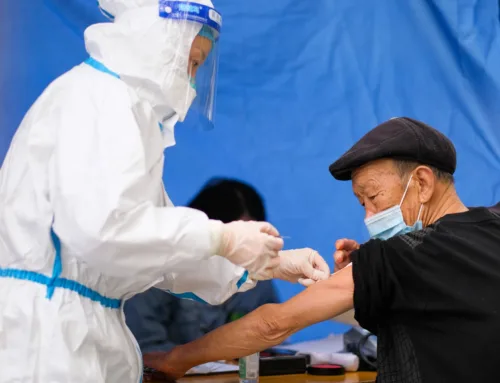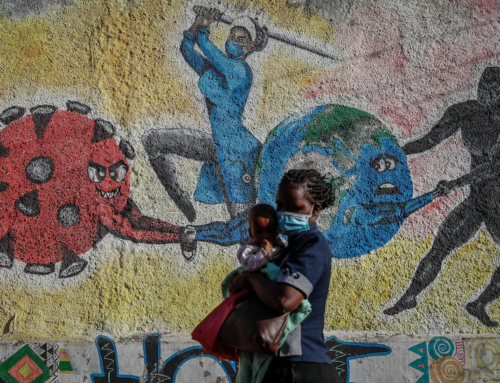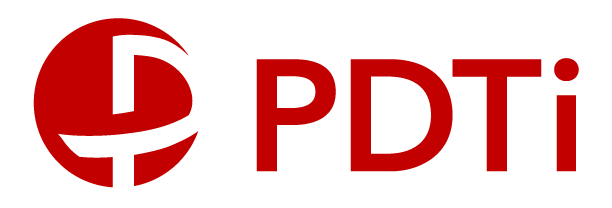POLITICO: World’s Covid vaccine, drugs equity program set to wind down this fall

World’s Covid vaccine, drugs equity program set to wind down this fall
The ACT-Accelerator has struggled to secure funding as Covid cases have declined from the height of the pandemic.
By ERIN BANCO and ASHLEIGH FURLONG
Source: POLITICO
Date: July 5, 2022
The World Health Organization program for the fast-tracking and distribution of Covid-19 vaccines, diagnostics and therapeutics is likely to close in its current form in the fall, according to two individuals familiar with the matter.
The program, known as the ACT-Accelerator, is a collaboration among the WHO, governments and global health organizations that works to ensure equitable access to Covid tools. It faced significant obstacles to get vaccines to low- and middle-income countries, but it eventually succeeded in shipping over one billion shots. As Covid cases have declined from the height of the pandemic, ACT-A has struggled to secure funding with only Germany, Norway, Sweden and Canada promising the requested financing this year.
The most well-known ACT-A initiative is the vaccines pillar COVAX, which aims to ensure shots are distributed around the world, particularly in countries that can’t afford them. An end to the current project raises questions about how the global health community, including the WHO, will continue to fund the fight against Covid. ACT-A is the largest global health consortium committed to ensuring equitable access to life-saving treatments and vaccines for people living in low-income countries.
“Without the ACT-A, it’s all but guaranteed that lower income countries will be left without adequate supplies of vaccines, diagnostics, and treatments that can save lives,” said Jenny Ottenhoff, senior policy director of global health at the ONE Campaign. “The ACT-A was never intended to be a long-term solution but it does not make sense for it to wind down until the whole world is ready to transition to a longer-term sustainable response to the virus.”
In a series of recent calls, representatives of the consortium have discussed the likelihood that the current ACT-A will fold or transition in September, according to the two people familiar with the matter. The calls have focused on the future of the distribution of Covid tests, vaccine and therapeutics, and whether some portion of the program would exist after that time, the people said. One of the people described how ACT-A is already transitioning with fewer meetings among those involved in its coordination. There are also questions about whether something similar to ACT-A would be created to prepare for the next health crisis.
“There seems to be a pretty clear consensus that the ACT-A that we have known will not exist next year,” one of the people familiar with the matter said.
A spokesperson for the ACT-Accelerator said the support that ACT-A agencies provide will continue, though likely in a different form.
“As the pandemic isn’t over, ACT-A’s work to enhance equitable access to COVID-19 tools will continue. As countries are moving from managing COVID-19 as an acute emergency to integration into longer-term disease control programs,” the spokesperson said in a statement, adding that the consortium’s strategic plan was always supposed to end in September. “In this context … work is underway to develop a plan to manage this transition.”
A spokesperson for Gavi, the organization helping oversee the ACT-A vaccine pillar, said its board in June ratified an extension of the COVAX Facility through 2023. COVAX is housed within Gavi.
The WHO — along with the European Commission, France and the Bill & Melinda Gates Foundation — launched the ACT-A consortium in 2020, with organizations like Gavi, the Vaccine Alliance, the Coalition for Epidemic and Preparedness Innovations, and the Wellcome Trust tasked with taking the lead on ensuring access to vaccines, diagnostics and therapeutics.
Related projects
Related Posts

